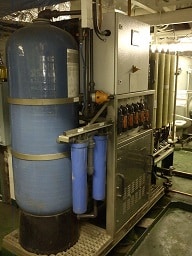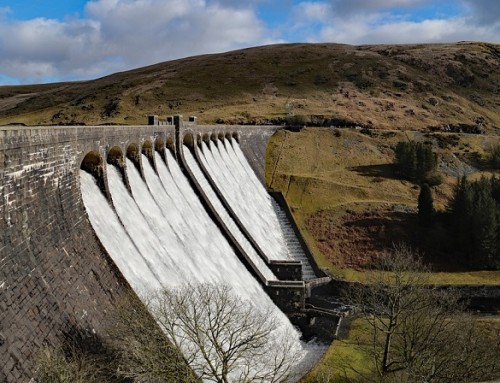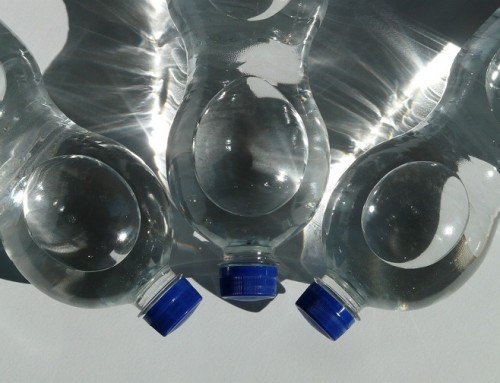
There are several different methods of treating water, but the most popular are distillation, filtration and reverse osmosis. Each of these has its own strengths and weaknesses, and each also has a particular situation for which that method is ideal.
How Do Water Distillation and Water Filtration Compare?
In order to find out whether the distillation or filtration method of water purification is best for you to use, or which is best-suited to your particular situation, here is the breakdown of both, including pros and cons:
Water Distillation
The process of water distillation has been used for millennia, and is still just as popular as ever in certain circumstances. Distillation was and still is used primarily as a method of distilling alcohol such as vodka and whiskey, but is also a great water purification method.
The distillation process makes use of a heat source to vaporise the water, in order to separate the pure water molecules from the contaminants that have a higher boiling point than water. Water is heated until it boils and begins to evaporate, then the temperature is kept constant. This ensures continued vaporisation while prohibiting the drinking water contaminants that have a higher boiling point from evaporating. The evaporated water is trapped and moved through a system of tubes into another container. This container is then removed from the heat source, which causes the steam to condense back into liquid form, sans contaminants that have a higher boiling paint than water.
Distillation removes hardening agents like calcium and phosphorous as well as heavy metal materials like arsenic, lead, and mercury from water. Distillation is often used as a method of water purification in developing countries and areas where there is a high risk of waterborne disease.
Although distillation removes mineral and bacterial drinking water contaminants, it does not remove chlorine, chlorine by-products, or volatile organic chemicals (VOCs), which have a lower boiling point than water. Distilled water can also be rather acidic, making distillation not the best method of purifying drinking water.
Water Filtration
Water filtration was first practised in Egypt in 2000BC and has since evolved from the simple cloth Hippocratic sleeve used in ancient Greece to the multimedia and solid block carbon water filters in use today.
Water filtration is the premier method of water purification used today, because it removes the most contaminants and is far more efficient than any other technique. Filtration employs the use of some type of filter media over which water flows. This filter blocks the passage of contaminants through chemical adsorption, physical obstruction or a combination of the two. The material from which the filter is constructed differs, but the most popular are constructed from carbon or a combination of carbon and other elements.
Modern water filters are the most effective in removing the ultimate number of contaminants, including fluoride, protozoa giardia and cryptosporidium, chlorine, chlorine by-products, and VOCs and various other contaminants that other treatments cannot remove. The filtration process takes place at a relatively slow speed, which ensures adequate filtration yet allows the healthy trace minerals to remain in the pure drinking water that emerges after filtration.
Water filters are relatively inexpensive and waste very little water in the process, as compared to reverse osmosis and distillation. Granular water filters, however, do not utilise a chemical absorption process, and this allows various contaminants to pass through the filter media in to the drinking water. Rapid water filters work too quickly, not allowing sufficient time for the water to be in contact with the filter media, which limits the amount of contaminants that can be removed. Solid block carbon filters do not have either of the above problems, and are therefore the best and most efficient type of water filter to use.
Hire water cooler from Living-Water in London. Get plumbed in water coolers and bottled water coolers.





